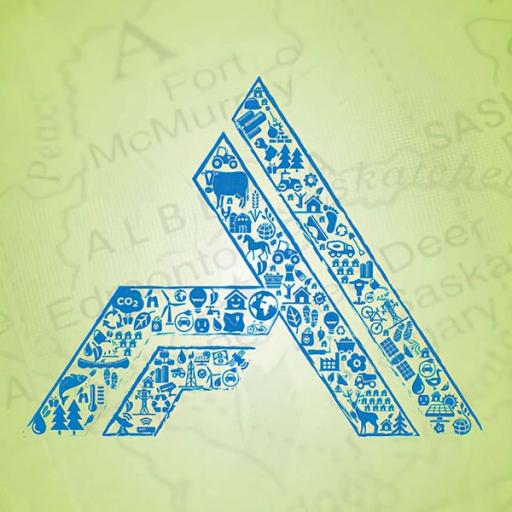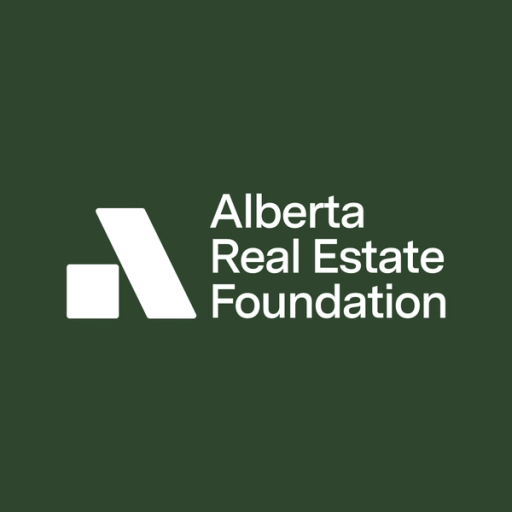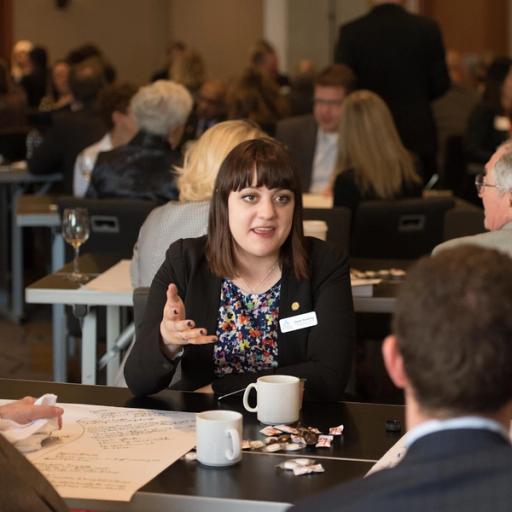March 8, 2016
March 2016 Community Investment

The Board of Governors of the Alberta Real Estate Foundation approved $445,000 in community investment projects at their recent meeting.
The Alberta Real Estate Foundation (AREF) supports initiatives that enhance the real estate industry and benefit the communities of Alberta. AREF was set up in 1991 under the Alberta Real Estate Act. Since then, it has awarded approximately 17 million dollars in community and industry grants to over 550 projects across Alberta.
AREF is currently celebrating its 25th Anniversary of making a difference in Alberta. To celebrate we launched a new area of interest call Community Innovation and will be highlighting past grantees. Keep in touch with AREF through our website or on Twitter (@arefabca) to ensure you do not miss out on what is to come!
Projects approved at the March meeting include:
Accessible Housing Accessible U
Accessible U is an information hub about accessibility, especially in residential environments. Meeting information needs for Albertans experiencing mobility barriers, Accessible U is committed to making relevant, understandable information readily available to everyone. We’re creating a space to inform and empower people, creating a more accessible Alberta.
Alberta Rural Development Network (ARDN) ARDN Sustainable Housing Initiative
There is an acute shortage of affordable housing in many rural Alberta communities. ARDN will work with several rural communities to start addressing this issue by conducting affordable housing needs assessments and feasibility studies in a coordinated and cost effective manner, and create and share a model of best practices.
Alternative Land Use Services (ALUS)Communications and Outreach for the ALUS Alberta Municipal Alliance (AAMA)
The AAMA is made up of ten ALUS communities, led by ALUS in partnership with municipalities. These programs are changing private land and conservation dynamics in several ways: they incentivize conservation activities on agricultural land by paying for ecosystem services; they build ownership over conservation and community support (each community forms a Partnership Advisory Committee made up of farmers, municipal officials, realtors, watershed based conservation groups, etc.); and they achieve measurable, verified conservation.
Capital Region Housing Foundation (HOME Program)MOVE Forward
The MOVE Forward Program encompasses education, counselling and advocacy, and referral to service providers to assist and support individuals to become successful, stable tenants/renters. Program components include 12 hours of in-class education deigned to create a personalized plan for stable housing; improve an individual’s communication skills, and create a workable household budget that makes rent a priority. The core of the program is the education component of six 120 minute sessions delivered by a team of specialized facilitators and community experts.
Centre for Affordable Water and Sanitation Technology (CAWST)Alberta Water Issues CAWST Capacity Building Workshop Package
CAWST is bringing its model for adult water education home to Alberta. With local partners, we will co-develop and pilot 3-5 lesson plans that introduce members of corporate groups and community organizations to water and sanitation issues, building their capacity to protect Alberta’s resources and share this knowledge.
The Natural StepEnergy Futures Lab
The Energy Futures Lab (EFL) is an Alberta-based collaboration for tackling the interconnected issues of climate change, energy security, and sustainable development today in order to build the foundation for Alberta’s future prosperity. The convening question for the EFL is: How can Alberta’s leadership position in today’s energy system serve as a platform for the transition to the energy system that the future requires of us? We are requesting funding to develop and implement the public engagement stream of the EFL, which will use a community innovation approach to engage more than 100,000 Albertans, including real estate stakeholders, in dialogue, learning and action about energy transition in the province.
The Pembina InstituteRenewable Best Practices
Over the next 15 years, wind capacity in Alberta will roughly quadruple, with the provincial goal of 30% renewable electricity by 2030. While wind is a cleaner source of electricity, some residents have concerns about the impact on vistas, property values, and local and migratory species. These concerns are best mitigated proactively by adhering to best practices for wind development. The purpose of this project is to highlight best practices that empower and benefit stakeholders as well as minimize the impact on the ecosystem, and to build a framework that will enable development of responsible and socially acceptable wind projects in Alberta.
The University of LethbridgeChallenges and Solutions in Acquiring Water for Housing Development
Housing development is a $10 billion industry in Alberta. However, it may be curtailed by lack of water needed to service new residential communities. This study explores the challenges and solutions to acquiring water for housing development and the secondary impact a decline in the industry could have on the real estate market.
Topic


